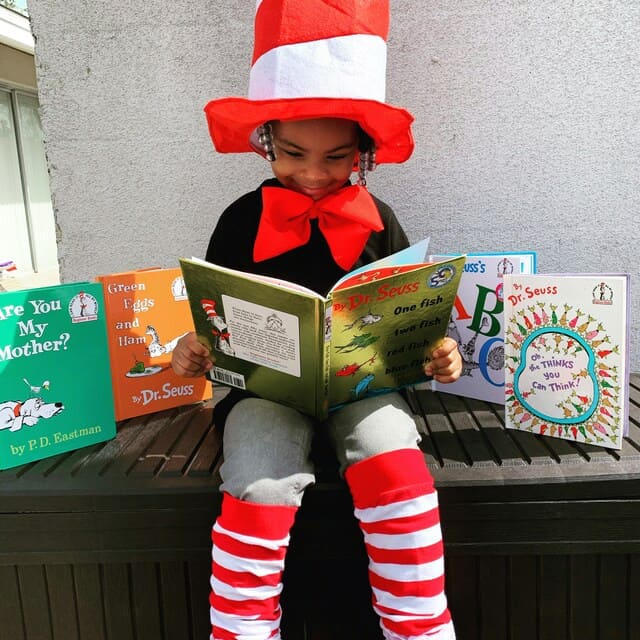In a world increasingly dominated by technology, artificial intelligence is creeping into spaces that were once the domain of human imagination storytelling, art, and literature. More and more, we see AI-generated children’s books, AI-created characters, and even AI-illustrated picture books flooding the market. While AI may be able to churn out words and images at an unprecedented speed, it lacks the one thing that makes storytelling truly magical: the human touch.
At Noc and Bez Creative, we believe that children deserve real, heartfelt creativity not artificial blandness.
Stories Are Meant to be Felt, Not Just Consumed
A good story does more than just entertain; it makes us feel. It captures emotions, conveys experiences, and builds connections between the storyteller and the reader. When a human author writes a children’s book, they infuse it with their personal experiences, cultural insights, and emotional depth. These are elements AI simply cannot replicate.
AI-generated books might have proper grammar and logical structure, but they lack soul. They miss the warmth of a mother’s love in a bedtime story, the courage of a young writer sharing their personal journey, or the humor only a human can understand and express with perfect comedic timing.
The Magic of Human Creativity
The best children’s books are written by authors who once dreamed as children themselves. They remember the excitement of turning pages, the joy of discovering characters they could relate to, and the lessons they learned from the books they cherished. That emotional connection translates into their writing, making their stories more than just words on a page.
Similarly, illustrators pour their heart into their art. Each brushstroke, color choice, and facial expression they create carries intent and emotion. AI-generated images may look polished, but they lack the imperfections and unique nuances that make art feel alive.
Authenticity Matters in Representation
At Noc and Bez Creative, we are passionate about diverse storytelling. We work to ensure that books reflect the rich tapestry of cultures, identities, and experiences that children should see in literature. AI, on the other hand, is trained on biased datasets, often reinforcing stereotypes rather than challenging them. It doesn’t understand what it means to be a child growing up in a multicultural world, to feel different, or to need stories that empower and uplift.
Children deserve authentic representation stories crafted by real people who understand their struggles, joys, and aspirations. AI cannot replace the voice of an underrepresented author telling their own truth.
A Future for Human Creatives
The rise of AI in creative fields poses a real threat to authors and illustrators, many of whom rely on their craft to make a living. If publishers and consumers begin favoring AI-generated content over human-created books, we risk losing generations of real creatives who would otherwise shape the literary world.
The choice is in our hands. Do we want our children to grow up with books that feel empty and robotic, or do we want them to experience the beauty of real storytelling the kind that inspires, nurtures, and moves them?
Children deserve more than artificial blandness. They deserve art, passion, and imagination the way only humans can create.

